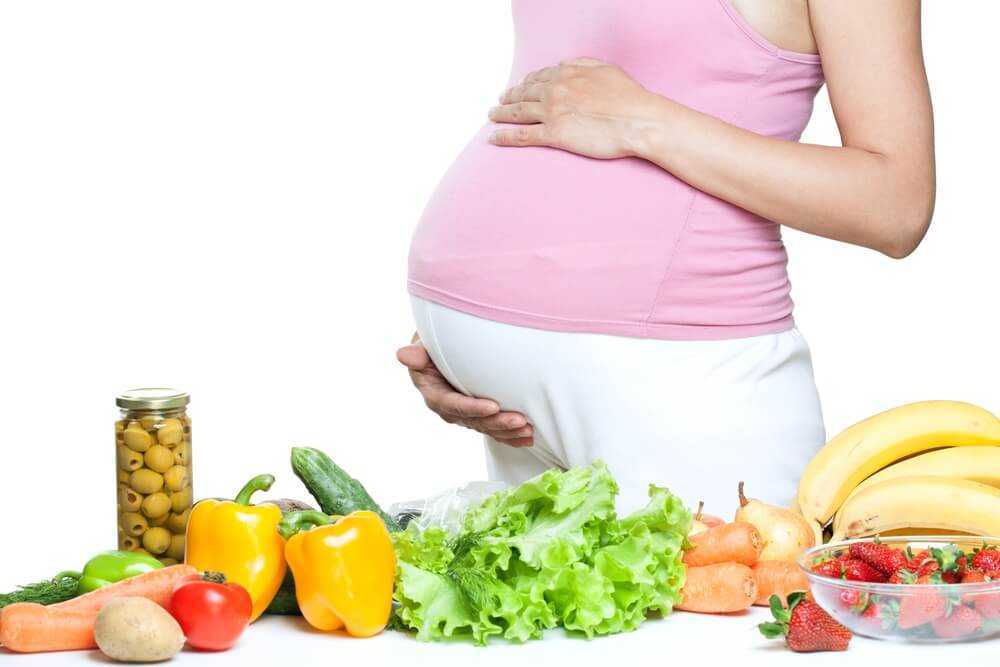Contents:
- Medical Video: How to Get the Most out of Vitamin Supplements- Thomas DeLauer
- Do you need to take supplements of pregnant women while fasting?
- What supplements are needed for pregnant women when fasting?
- Folic acid
- Iron
- Calcium
Medical Video: How to Get the Most out of Vitamin Supplements- Thomas DeLauer
Some pregnant women may be allowed to fast, depending on the health and fitness conditions of pregnant women, as well as their gestational age. Even so, pregnant women who fast should still pay attention to their nutritional intake. Do not let fasting during pregnancy has a bad impact on the growth and development of the fetus in the womb. Some pregnant women may need supplements for pregnant women during fasting to meet their nutritional needs.
Do you need to take supplements of pregnant women while fasting?
Pregnant women who can meet their nutritional needs through a balanced diet may not need to consume supplements. In order to provide enough nutrients without supplements, pregnant women should consume many healthy foods that are diverse, such as vegetables, fruit, fish, and meat. This may be easier to do when you are not fasting.
But when fasting, fulfilling nutritional needs during pregnancy by consuming lots of diverse foods may be quite difficult to do because of limited eating time. To compensate, consumption of supplements for pregnant women while fasting may be needed to help provide adequate nutrition. Consult with your doctor about vitamin requirements during pregnancy.
But remember, supplements are only a supplement not a substitute for food for pregnant women. You still need to try to meet your nutritional needs when fasting through food.
What supplements are needed for pregnant women when fasting?
Many important nutrients that need to be fulfilled by pregnant women during fasting to support the development and growth of the fetus. Some supplements for pregnant women while fasting are:
Folic acid
Folic acid is an important nutrient needed by pregnant women, especially during the early stages of pregnancy. These nutrients play an important role in cell division and organ formation. Lack of folic acid during pregnancy can increase the risk of pregnant women giving birth to babies with neural tube defects (abnormal brain and spinal cord development). Lack of folic acid can also cause pregnant women to experience anemia.
To prevent this, pregnant women are advised to consume folic acid as much as 600 micrograms per day. This can be obtained by pregnant women by eating green vegetables (spinach, broccoli, kale, and asparagus), oranges, strawberries, folic acid-fortified cereals, and also from folic acid supplements.
Iron
Iron requirements also increase during pregnancy, so pregnant women need more iron intake. This is because during pregnancy the maternal blood volume continues to increase, to support changes in the mother's body and also for fetal development in the womb.
Many pregnant women may not be able to meet their iron needs from food, so additional intake of iron supplements is needed. Iron requirements for pregnant women per day is 26-39 mg. The older the gestational age, the need for iron increases. Iron deficiency during pregnancy can cause pregnant women to experience anemia.
Calcium
Pregnant women also need additional calcium intake during pregnancy. Calcium needs that must be fulfilled by pregnant women is 1300 mg. This is not a small amount, so some pregnant women may need additional calcium intake from calcium supplements, especially when fasting.
Calcium needs increase during pregnancy because the fetus takes calcium in the mother's body to build bones, nerve structures, and muscles. So, to replace the calcium that the fetus has taken, pregnant women need to consume foods that contain lots of calcium. If pregnant women lack calcium, the mother's own bone strength is at risk. Some experts also say that adequate calcium intake during pregnancy can help prevent high blood pressure and preeclampsia.












